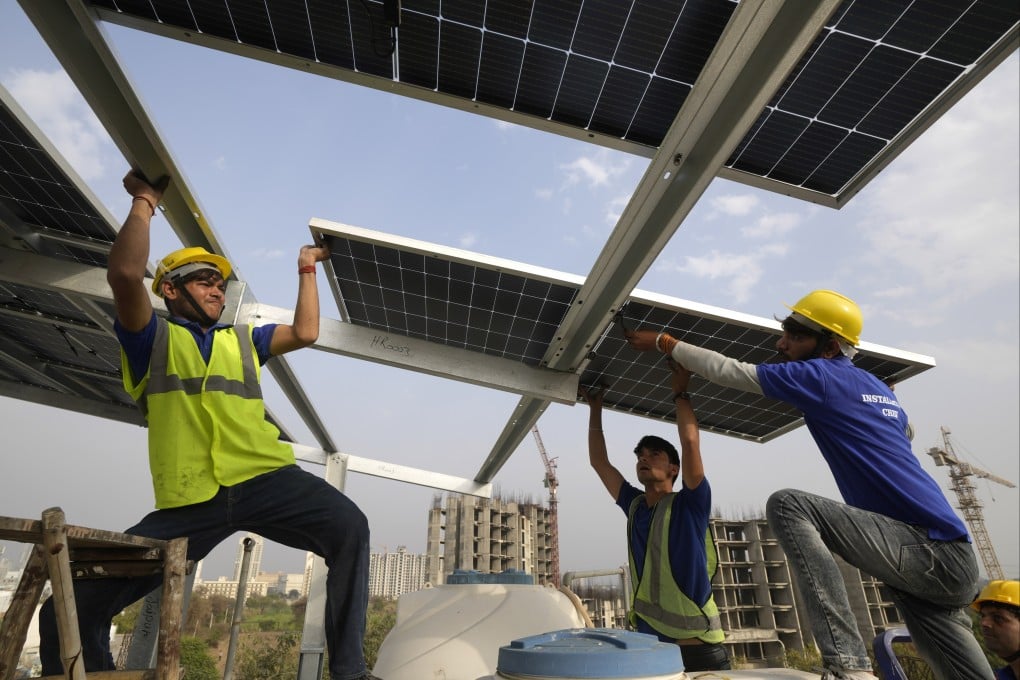Advertisement
Opinion | Asian economies must go green to keep their competitive edge
- Increasingly, new cross-border environmental regulations like the EU’s carbon tax will leave countries such as Bangladesh and Cambodia little choice but to play catch up or risk losing out on global trade
- Asian markets can embrace sustainability through artificial intelligence, clean energy investments and more collaboration among industries
Reading Time:3 minutes
Why you can trust SCMP
2

As the global landscape shifts towards a greener and more equitable future, sustainable practices are increasingly in the spotlight. Some developed nations have been swifter to pivot and incorporate these critical values into their economic and social frameworks. Now, many of Asia’s burgeoning economies need to play catch up or risk being left behind in global trade.
Many Asian countries have relatively more lenient carbon emission rules compared to stricter standards in Western nations, making Asia generally more attractive to manufacturing industries seeking lower operational costs, including those related to environmental compliance.
Meanwhile, the developed world is prioritising international climate agreements and more stringent environmental policies, such as the European Union’s Carbon Border Adjustment Mechanism (CBAM), to deter carbon-intensive production.
Asian countries which are unable to comply with such regulations may struggle to partake in international trade. At worst, this could impede their gross domestic product growth and economic trajectory.
India, Indonesia, Vietnam and Bangladesh have significantly stepped up their manufacturing over the years, particularly in sectors such as textiles and garments, electronics, automobiles and heavy industries like steel and cement, which are both labour- and energy-intensive.
Bangladesh is a prime example of an Asian country that must address gaps in its sustainability to remain an attractive trading partner, particularly with the EU, an important market for Bangladesh. Last year, the volume of the EU’s clothing imports from Bangladesh exceeded those from China. Bangladesh became the top knitwear exporter in the EU for the first time.
Advertisement
